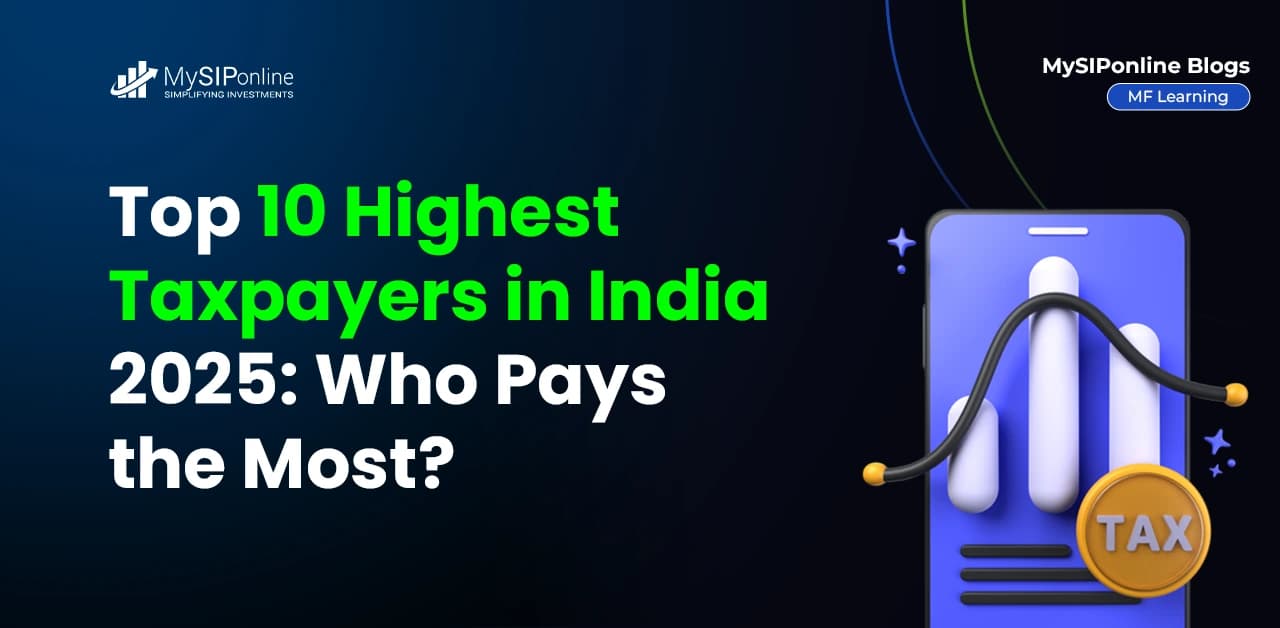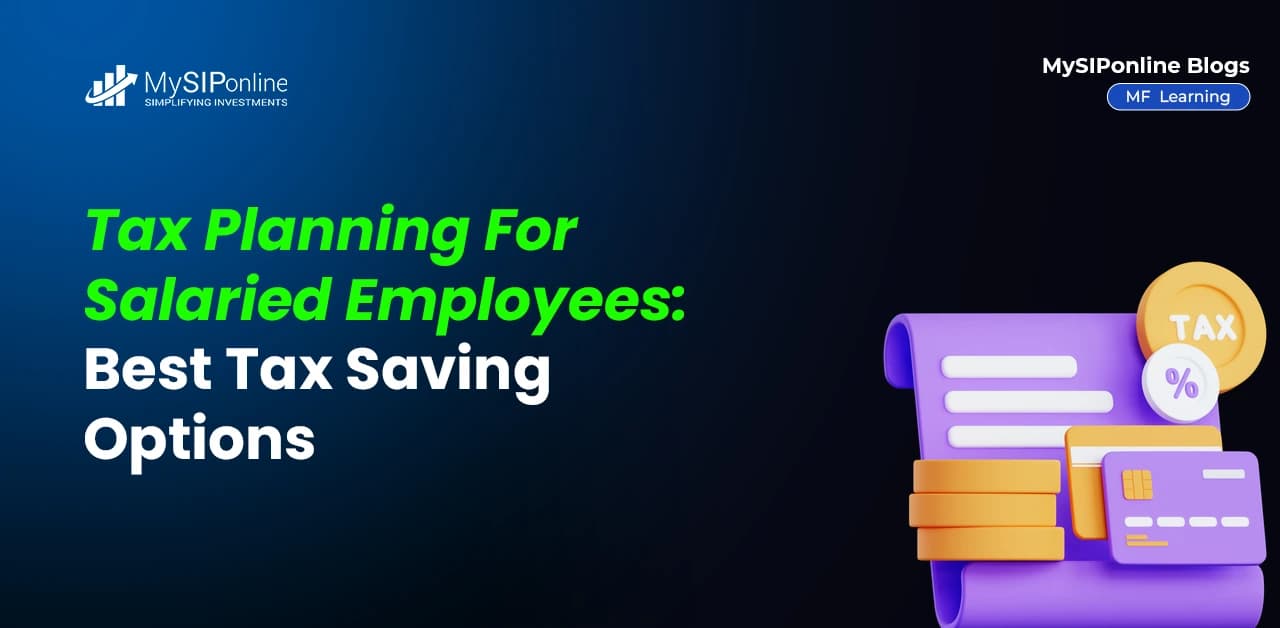Table of Contents
- What is Professional Tax?
- Who is Liable to Pay Professional Tax?
- How is Professional Tax Calculated on Salary?
- Professional Tax Deduction: How Does it Affect Your Take-home Salary?
- What Happens if You Don't Pay Professional Tax?
- How to Pay Professional Tax?
- 5 Steps to Complete Online Payment
- Exemptions from Professional Tax
- What is the Difference Between Professional Tax and TDS?
- Final Thoughts
Did you ever notice a “Professional Tax” deduction on your payslip and wonder what it is? You are not alone! It might seem like just another deduction, but it’s actually something important.
In this post, you will learn “What is professional tax?” why it gets deducted and how it works in different states.
Most importantly, it is important to point out facts regarding what could happen if you do not pay professional tax on time.
Let’s start by learning what comes under the professional tax in India.
What is Professional Tax?
A professional tax is a tax levied by our state government on anyone who is earning money in India via a job, business or any kind of profession.
Even though the name specifies profession, any person receiving a salary or wage, not just doctors or lawyers or any specific profession, is charged with paying this tax.
Unlike the income tax that the central government rules, professional tax is governed by the states, which is why the tax slab varies from state to state.
Note: According to Article 276 of the Indian Constitution, the maximum amount charged annually is Rs . 2,500 for every person.
Are you wondering if you ought to pay the professional tax, or can you skip it? Let’s cover that in the next heading.
Also Read : What is the Difference Between SIP and Mutual Fund?
Who is Liable to Pay Professional Tax?
The professional tax slab is applicable to a variety of individuals and businesses, such as:
-
Salaried Employees
Anyone earning a salary from their employer every month is entitled to pay professional tax in India.
-
Business Owners
Entrepreneurs, partners in a partnership firm or the director in a company come under the payable bracket of professional tax.
-
Freelancers & Self-employed
Any person doing any type of freelance work or who is self-employed has to pay state professional tax according to the state they fall under.However, a certain group of people who are not liable to pay this tax are:
- Senior citizens aged 65 years and above
- Individuals with disabilities (including blindness)
- Armed forces personnel
- Workers in the textile industry (Badli workers)
Move on to the next heading to find out, “What is professional tax in salary mean and how is it calculated. “
How is Professional Tax Calculated on Salary?
The calculation of professional tax slab is simple but differs state-wise. Each state has its own tax slab system with changes in tax rates depending on your monthly salary.
Here is how professional tax in India is calculated across some major states of India:
| State | Gross Salary in INR (per month or annually) | Professional Tax Payable |
|---|---|---|
| Maharashtra | 10,000+ (monthly) | INR 200 per month & INR 200 in Feb |
| Karnataka | 15,000+ (monthly) | INR 200 |
| West Bengal | 40,000+ (monthly) | INR 200 |
| Madhya Pradesh | 1.8 lakhs+ (monthly) | INR 212 |
| Tamil Nadu | 75,001+ (monthly) | INR 1095 |
| Andhra Pradesh | 20,000+ (monthly) | INR 200 |
| Gujarat | 20,000+ (monthly) | INR 200 |
| Odisha | 20,000+ (monthly) | INR 200 |
As you can see, the tax slabs vary but the amount deducted is usually a fixed monthly sum based on your gross salary.
Professional Tax Deduction: How Does it Affect Your Take-home Salary?
The state professional tax is deducted from the source, which means your employer is responsible for deducting this tax from your salary and handing it over to the state government.
Moreover, it is important to note that professional tax is a deductible expense under Section 16 (iii) of the Income Tax Act, 1961, which means it can be subtracted from your gross salary while calculating your taxable income.
Let's say, for example, your gross salary is Rs . 50,000 and your monthly professional tax deduction is Rs . 200 in professional tax. This means that your remaining taxable income is Rs.49,800 only.
This way, your overall tax burden is reduced when filing your income tax return.
Also Read : What is the Best Date for SIP? Tip for Smart Investors
What Happens if You Don't Pay Professional Tax?
There are serious repercussions if you fail to pay professional taxes, such as hefty fines, which can vary from state to state.
Most importantly, employers who fail to deduct & remit professional tax on behalf of their employees will suffer from heavy penalties. Such penalties include:
- Fines for non-payment or late payment.
- Interest charges on unpaid tax.
- Legal actions against employers who consistently fail to obey the law.
For example, in Maharashtra, the penalty for late registration is Rs.5 per day. Also, you are charged 1.25% to 2% monthly interest for late payment and a 10% penalty on the tax amount for non-payment/delay of professional tax. Moreover, a penalty of Rs.1000 for late return submission.
To sum up, it is important to pay your taxes on time to avoid any such fines or penalties.
Did you know, “What is PTEC and PTRC?” Learn about them in the next heading.
How to Pay Professional Tax?
In most states in India, professional tax is paid on behalf of employees by their employer. However, self-employed people and business owners are required to make their payments directly to the state government.
Here is what a you need to know if you are an employee and a business owner:
-
For Employees
If you are working in a corporate of under an employer, professional tax is automatically deducted from your monthly salary.
You can also check and pay professional tax via online portals available on the state's website if necessary.
-
For Business Owner & Self-employed
Firstly, you need to register yourself for the Professional Tax Registration Certificate (PTRC).
If you own a business, you need to register for the Professional Tax Enrolment Certificate (PTEC) too.
5 Steps to Complete Online Payment
You can file for PTEC or PTRC using your mobile phone in 5 simple steps:
Step 1: Visit your state's professional tax website.
Step 2: Select PTEC or PTRC for payment.
Step 3: Enter your details (PAN/TAN, business name etc.).
Step 4: Choose your payment method (Net Banking, Debit/Credit card).
Step 5: Download the receipt after the payment.
Exemptions from Professional Tax
While professional tax slab is applicable to most individuals earning a salary, there are certain exemptions. The following groups are typically exempt from paying professional tax:
- Senior Citizens (65+ years):Senior citizens are generally exempt from paying professional tax in most states.
- Persons with Disabilities:This includes individuals with permanent disabilities, including blindness.
- Armed Forces Personnel:Members of the armed forces are exempt from paying professional tax.
- Badli Workers in the Textile Industry:Workers in certain industries, like the textile sector, are also exempt from professional tax.
Smart Investments, Bigger Returns
What is the Difference Between Professional Tax and TDS?
Here is how professional tax is different from the Tax Deducted at Source (TDS):
| Factor | Professional Tax | TDS (Tax Deducted at Source) |
|---|---|---|
| Applicability | Levied by the state government on income earned from a profession, employment or business. | Deducted from various income types like salary, interest, rent or professional fees. |
| Authority | Controlled and implemented by respective state governments. | Regulated by the Central Board of Direct Taxes (CBDT) under the Income Tax Act. |
| Collection | Collected by the state via employers or directly from self-employed people. | Deducted at the source by the payer and remitted to the central government. |
| Purpose | Generates revenue for the state government. | Ensures advanced collection of income tax on behalf of the taxpayer. |
| Documentation | No separate documentation is needed for filing income tax returns. | Requires reporting through Form 16A while filing income tax returns. |
Final Thoughts
To wrap up, even though professional tax may seem like a small deduction from your salary, it plays a big role in supporting state services and infrastructure development in India.
If you are a proud taxpayer and respect the order of law, it could be your way to give back to the community where you live and work.
So, take some time to understand the rules in your state, stay on top of deadlines and pay your professional tax in India with pride. It’s your way of helping build a better India, one paycheck at a time.












